Sir Isaac Newton was an English mathematician, astronomer, theologian, author and physicist who is widely recognized as one of the most influential scientists of all time, and a key figure in the scientific revolution. His book Philosophiae Naturalis Principia Mathematica, first published in 1687, laid the foundations of classical mechanics. Take a look below for 30 more awesome and interesting facts about Isaac Newton.
1. Newton made groundbreaking contributions to optics, and he shares credit with Gottfried Wilhelm Leibniz for developing the infinitesimal calculus.
2. Newton’s Principia formulated the laws of motion and universal gravitation that dominated scientists’ view of the physical universe for the next three centuries.
3. By deriving Kepler’s laws of planetary motion from his mathematical description of gravity, and using the same principles to account for the trajectories of comets, the tides, the procession of the equinoxes and other phenomena, Newton removed the last doubts about the validity of the heliocentric model of the Solar System.
4. Newton’s theoretical prediction that the Earth is shaped as an oblate spheroid was later vindicated by the geodetic measurements of Maupertuis, La Condamine, and other, therefore, convincing most Continental European scientists of the superiority of Newtonian mechanics over the earlier system of Descartes.
5. Newton built the first practical reflection telescope and developed a sophisticated theory of color based on the observation that a prism decomposes white light into the colors of the visible spectrum.
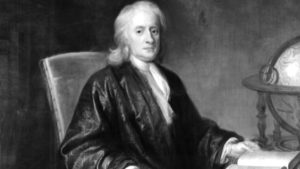
6. His work on light was collected in his highly influential book Opticks, which was first published in 1704.
7. He formulated an empirical law of cooling, made the first theoretical calculation of the speed of sound, and introduced the notion of a Newtonian fluid.
8. In addition to his work on calculus, as a mathematician, Newton contributed to the study of power series, generalized the binomial theorem to non-integer exponents, developed a method for approximating the roots of function, and classified most of the cubic plane curves.
9. He was a fellow of Trinity College and the second Lucasian Professor of Mathematics at the University of Cambridge.
10. Newton was a devout but unorthodox Christian, who privately rejected the doctrine of the Trinity, and who, unusually for a member of the Cambridge faculty of the day, refused to take holy orders in the Church of England.
11. He dedicated a lot of his time to the study of alchemy and biblical chronology, however, most of his work in those areas remained unpublished until long after his death.
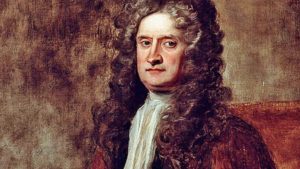
12. He was politically and personally tied to the Whig party, as he served two brief terms as Member of Parliament for the University of Cambridge.
13. Newton was knighted by Queen Anne in 1705 and he spent the last three decades of his life in London, serving as Warden, Master of the Royal Mint and President of the Royal Society.
14. He was born premature and had little to no chance of survival. He was born Christmas morning in Woolsthorpe, Lincolnshire.
15. His father, who was a farmer, died three months before Newton was born. Newton was raised by his grandmother after his mother remarried.
16. By almost all accounts, Newton wasn’t a good student but would still excel in his studies. He had to work as a servant to pay his bills and he liked to keep a journal of his ideas and thoughts.
17. During his time in school, he didn’t like poetry and literature and was fascinated by technology and mechanics. He developed sundials that were very accurate.
18. Isaac Barrow, who was Cambridge’s first professor of mathematics, is the source of inspiration behind Newton’s work on Calculus.
19. He didn’t like criticism and made lifelong enemies with people who did criticize him. When fellow scientists criticized his work, Newton began a life of solitude and total isolation in 1679, and remained in that state for the next 6 years of his life.
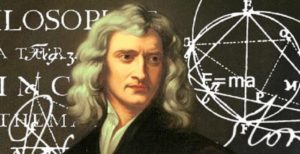
20. Newton had a nervous breakdown twice in his life. Both of the times that it happened, he thought that his friends were conspiring against him.
21. There is no concrete evidence that the famous apple hit Newton on his head and inspired his research on gravitation and the related theories.
22. He played a significant role in getting Britain out from its financial crisis in the 17th century. At that time, almost 10% of Britain’s currency was forged. Newton had to recall the old currency and issue a more reliable one. He kept a database of offenders and prosecuted them. Later, he was appointed as Master of the Mint in 1700 and held the post for the rest of his life.
23. The most valuable tooth in the world belongs to Newton. His tooth was sold in 1816 at an auction for about $3,600.
24. He hated his stepfather and resented his mother for marrying him. Newton even confessed to threatening his stepfather and mother to burn their house over them.
25. One of his greatest ambitions was to find the philosopher’s stone, the secret to turning common metals into gold.
26. Apart from alchemy, Newton dabbled in other fringe and occult studies and practices, which resulted in his beliefs that the world would end in 2060, that humans could literally speak with angels, and that the lost city of Atlantis was real.
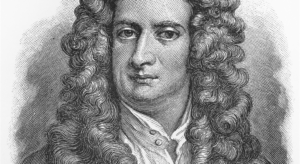
27. Newton was never married and he rarely, if ever, looked for romantic company with women.
28. Many scholars and historians believe that Newton died a virgin.
29. Among the surviving Newton documents is a list that he wrote as a 19 year old enumerating 48 sins that he wished to confess. These sins include “punching my sister” and “robbing my mothers box of plums and sugar.”
30. He was a major investor in the South Sea Company, whose principal business was in the slave trade. When the company fell, he lost about 20,000 British pounds, which would be worth about $3 million today.

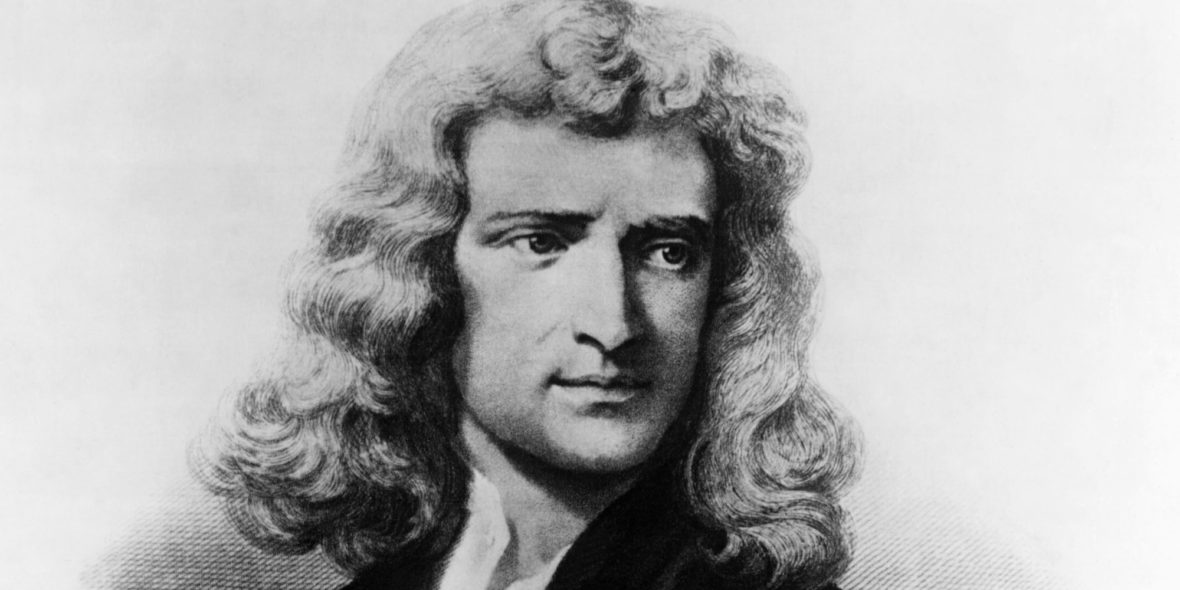
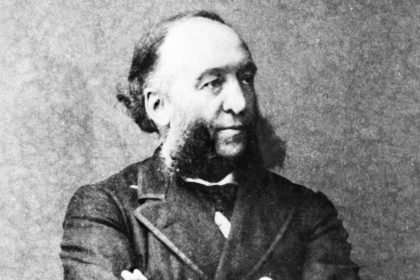
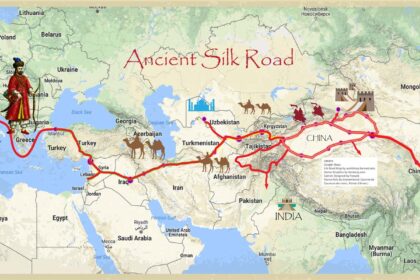

3 Comments
Pingback:
June 9, 2018 at 11:02 pmPingback:
June 22, 2018 at 11:17 amPingback:
July 12, 2018 at 2:43 pm